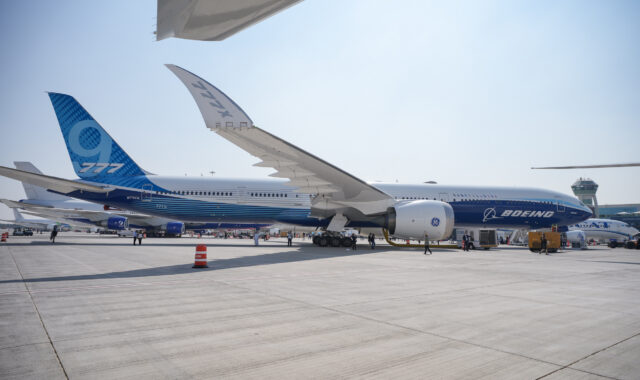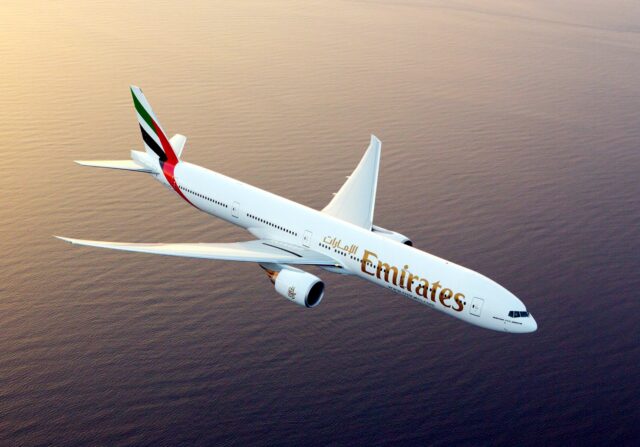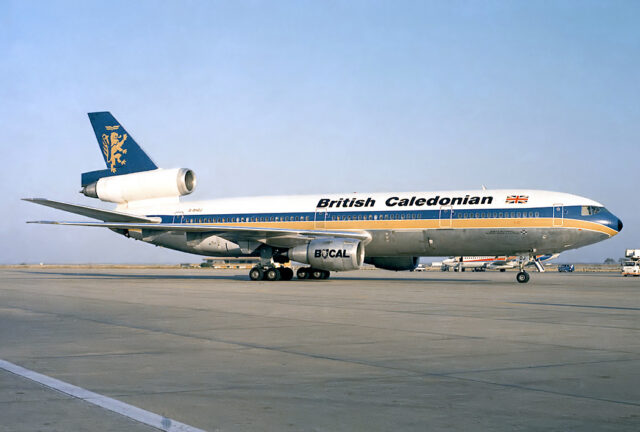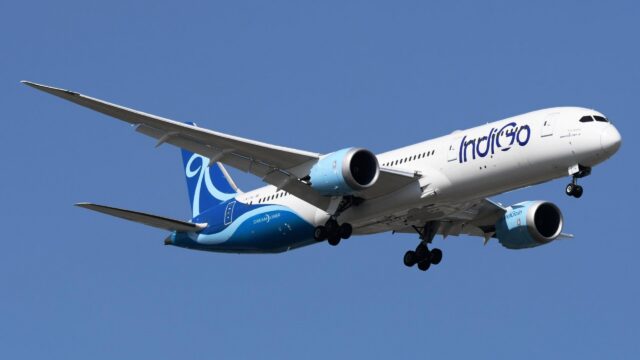Not quite in the bag: EU airports to scrap 100ml liquid limit, but not all at once

July 29, 2025

Concerns raised as EU lifts restrictions on 100ml liquids in hand baggage, but only for airports equipped with a specific brand of security screening technology.
While the European airport trade body, ACI Europe, has welcomed a “long awaited” decision to increase the restriction on liquids, aerosols and gels (LAGs) in cabin bags from 100ml to 2 litres, it has also warned of “shortcomings” in the EU’s security equipment testing regime.

Why does the lifting of the 100ml limit only apply to certain airports?
The 100ml rule was introduced nearly two decades ago in 2006 after a foiled terror plot to blow up aircraft flying from London Heathrow to the US, with home-made liquid bombs.
The lifting of the restriction currently only applies to airports equipped with Smiths Detection security screening equipment which has been recertified by the European Civil Aviation Conference (ECAC). The recertification of Smiths Detection’s HI-SCAN 6040 CTiX means passengers can carry up to two litres of liquids through security checkpoints.
The Computed Tomography (CT) X-ray scanner provides a 360-degree view of contents, eliminating the need to remove liquids and electronics from hand luggage.

Milan Linate and Milan Malpensa in Italy are among the early adopters of the recertified technology. Rome has also updated the restrictions on liquids in cabin bags. A statement on its website said: “Starting from July 26 2025, in compliance with new European Commission regulations, the transport of liquids in hand luggage will be allowed in containers with a capacity of up to two litres.”
Other security equipment manufacturers that have developed similar advanced screening technologies are still waiting for the EU to test and recertify their equipment. As such, airports equipped with these other technologies are still bound to enforce the 100ml limit for the time being. Additionally, some airports, including Heathrow are hindered with the wider roll out of the new technology simply due to the cost of installing new CT scanners. London Heathrow is investing £1 billion to roll out the new machines.
Europe lags behind the UK in recertifying advanced screening technology
Despite the 100ml restriction being lifted early last year, it was reinstated due to concerns over the performance of this technology. ACI Europe highlights that the delay in approving the next-generation security screening technology raises serious concerns and structural shortcomings in the current EU testing and certification regime.
The certification of Smiths Detection’s equipment, it said, has also come late – “mid-way through the busy summer season at most European airports.”
The UK recertified the equipment in April 2025 with Edinburgh, Birmingham, London City and Teesside among the first UK hubs to allow up to two litres of liquid in cabin bags. It has taken the EU a further three months to proceed with this recertification. “Our decades-old testing and certification regime for aviation security equipment is no longer fit for purpose,” said Olivier Jankovec, ACI Europe’s director general.
“We just can’t keep relying on a system essentially based on a good-will cooperation between EU states, where even aligned testing methodologies are not guaranteed – and validating test results takes forever.”

Call for new testing and certification system
ACI Europe has for the past two years called for the development of a fully integrated EU testing and certification process for aviation security equipment. This system should be fully aligned with the UK and US. Beyond operational efficiencies, this is “crucially about better protecting better European citizens,” added Jankovec.
He also warned that the European Commission must take full ownership and responsibility for a reformed system, ensuring a unified and transparent approach. “What we are asking for is nothing else than EU leadership and action on a highly sensitive issue. This should be a clear priority for the European Commission and Member States.
















